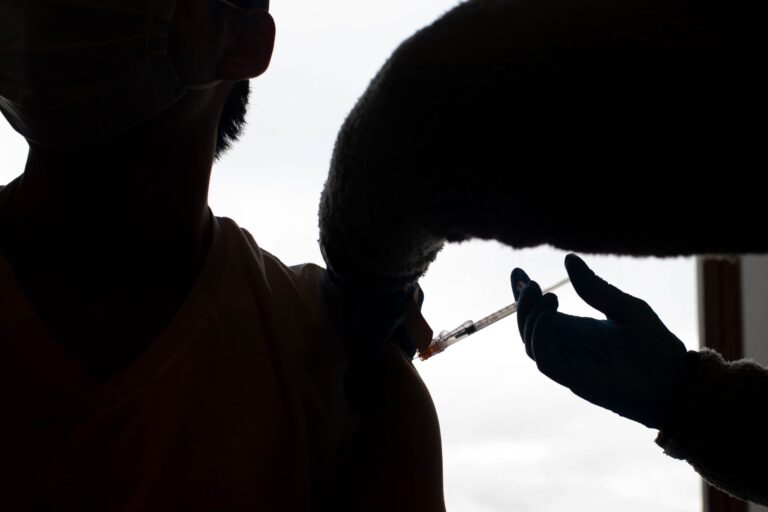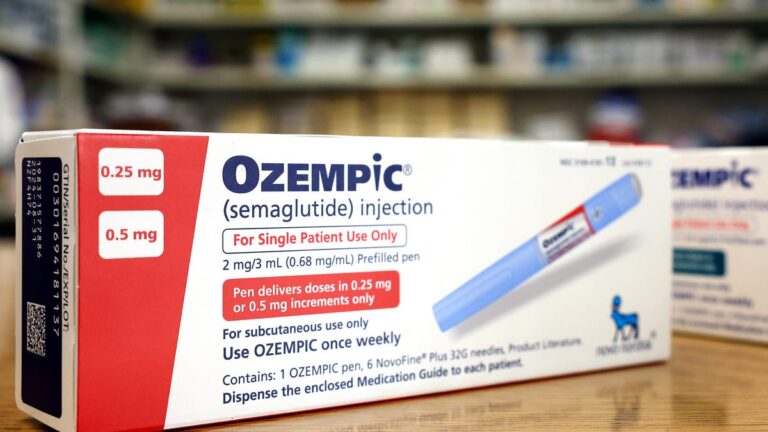Health Experts Warn About the Growing Rise of Superbugs
The Alarming Rise of Superbugs: What You Need to Know
The term “superbug” might sound like something out of a sci-fi movie, but in recent years, it has become more real and more concerning than ever. Health experts are ringing alarm bells, warning us about the increasing threat posed by these drug-resistant bacteria. Let’s dive deep into what superbugs are, why they are becoming more prevalent, and what you can do to protect yourself and your loved ones.
What Exactly Are Superbugs?
At its core, a superbug is a type of bacteria that has become resistant to multiple antibiotics. While antibiotics are our best defense against bacterial infections, the misuse and overuse of these medications have allowed certain bacteria to evolve and evade treatment. Think of it like a villain in a superhero movie: just when you think you’ve defeated them, they come back stronger.
Why Are Superbugs Becoming a Bigger Problem?
There are several reasons for the alarming rise in superbugs. Let’s break them down:
-
Overprescription of Antibiotics: One of the primary culprits is the overprescription of antibiotics by healthcare professionals. Sometimes, people walk into a doctor’s office expecting a quick fix for viral infections. However, antibiotics don’t work on viruses, yet they are often prescribed anyway.
-
Antibiotics in Animal Farming: Another significant factor is the use of antibiotics in agriculture. Farmers often use antibiotics not just for sick animals but also to promote faster growth. This practice can lead to the development of resistant bacteria that can transfer to humans through the food we eat.
-
Poor Infection Control: In many healthcare settings, inadequate infection control practices can promote the spread of superbugs. Imagine walking into a hospital and encountering a bug that’s resistant to most treatments because hygiene protocols weren’t followed properly.
- Global Travel: Today, we travel more than ever. This means that resistant bacteria can quickly move from one part of the world to another. A superbug that originated in a hospital in one country can easily find its way to your local clinic.
Recognizing the Threat: The Impact on Health
So, why should we care about these pesky superbugs? The implications of their rise can be quite severe:
-
Increased Mortality Rates: According to the Centers for Disease Control and Prevention (CDC), antibiotic-resistant infections contribute to more than 35,000 deaths annually in the U.S. alone. This is not just a statistic; it’s the harsh reality for families affected by these preventable tragedies.
-
Longer Hospital Stays: If you do get infected with a superbug, the treatment may take longer and involve more complex medical interventions. This can lead to longer hospital stays, which can be a colossal burden both physically and financially.
-
Higher Medical Costs: Dealing with superbug infections often incurs additional costs related to longer treatment times, extended hospital stays, and more complex medical procedures.
- Fear of Routine Procedures: The rise of superbugs may make doctors hesitant to perform routine surgeries or procedures, knowing the potential for antibiotic-resistant infections.
How Can You Protect Yourself?
Feeling overwhelmed? While the threat of superbugs is real, there are proactive steps you can take to protect yourself and your family:
1. Be Smart About Antibiotics
-
Follow Doctor’s Advice: Only use antibiotics when absolutely necessary. Always finish the entire course if prescribed, even if you start to feel better.
-
Avoid Self-Medicating: It’s so tempting to reach for leftover antibiotics from previous prescriptions, but this could do more harm than good.
2. Promote Good Hygiene Practices
-
Wash Your Hands: Soap and water are your best friends. Ensure you wash your hands frequently, especially before eating or after using the bathroom.
-
Keep Wounds Clean: Treat cuts and scrapes promptly. Cover them with clean, dry bandages to prevent infection.
3. Make Smart Food Choices
-
Choose Antibiotic-Free Meat: Whenever possible, opt for meat labeled as “antibiotic-free.” This can contribute to reducing the level of antibiotic-resistant bacteria present in the community.
-
Cook Food Thoroughly: Ensure you’re cooking meat at the recommended temperatures to kill harmful bacteria.
4. Stay Informed and Advocate for Change
-
Educate Yourself: Understanding superbugs is key to fighting them. Stay updated on local health news and learn about antibiotic resistance.
-
Speak Up: Advocate for policies that limit the use of antibiotics in agriculture. When consumers demand change, businesses often listen.
5. Get Vaccinated
While vaccines don’t prevent all bacterial infections, they can protect you from certain diseases that could lead to antibiotic use. Plus, by reducing the incidence of these diseases, we can help reduce the overall need for antibiotics.
What’s Being Done to Combat Superbugs?
The good news is that efforts to combat the rise of superbugs are already underway. Here are a few initiatives aimed at tackling the crisis:
Global Efforts
-
World Health Organization (WHO) Initiatives: The WHO has developed a global action plan to tackle antibiotic resistance by improving awareness, optimizing the use of antibiotics, and ensuring that people have access to effective treatments.
-
Antibiotic Stewardship Programs: Many hospitals are implementing antibiotic stewardship programs that focus on using antibiotics wisely, only when necessary, and monitoring their use.
Innovative Solutions
-
Research and Development: Pharmaceutical companies are investing in research for new antibiotics and alternative treatments, such as bacteriophage therapy, which uses viruses that specifically target bacteria.
-
Public Awareness Campaigns: Awareness campaigns help educate the public about superbugs and the importance of responsible antibiotic use.
Conclusion
The rise of superbugs is a complex and challenging issue, but it’s not hopeless. By taking proactive measures in our personal lives and advocating for broader change, we can play our part in combating antibiotic resistance. It starts with us—let’s be smart about our health choices, spread awareness, and promote good hygiene to ensure a safer, healthier future for everyone.
FAQs
1. What are the primary causes of superbug development?
The primary causes include the overuse and misuse of antibiotics in both humans and animals, inadequate infection control in healthcare settings, and global travel patterns that spread resistant bacteria.
2. How can I reduce my risk of infections caused by superbugs?
You can reduce your risk by practicing good hygiene, not self-medicating with leftover antibiotics, and ensuring your vaccinations are up to date.
3. Why are superbugs particularly dangerous in healthcare settings?
Superbugs are dangerous in healthcare settings because patients there often have weakened immune systems and are more vulnerable to infections, especially after surgeries or lengthy hospital stays.
4. What should I do if my doctor prescribes antibiotics?
Always follow your doctor’s instructions carefully, take the full course of antibiotics even if you feel better, and never share or use leftover prescriptions.
5. What role does diet play in the fight against superbugs?
Choosing antibiotic-free meat and cooking food at safe temperatures can reduce the risk of exposure to antibiotic-resistant bacteria, thereby decreasing the likelihood of infections.






